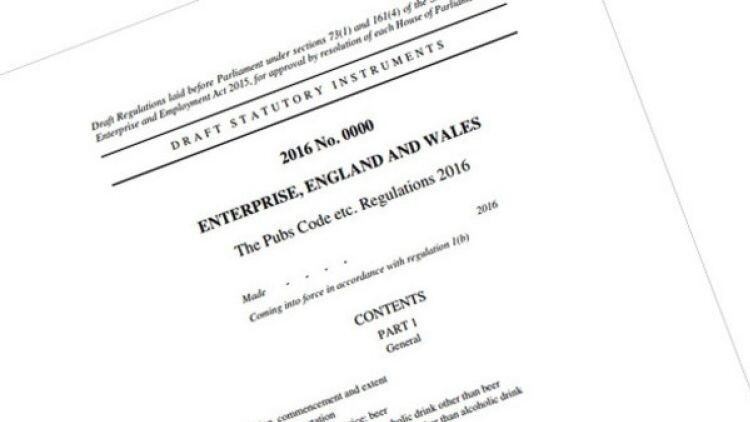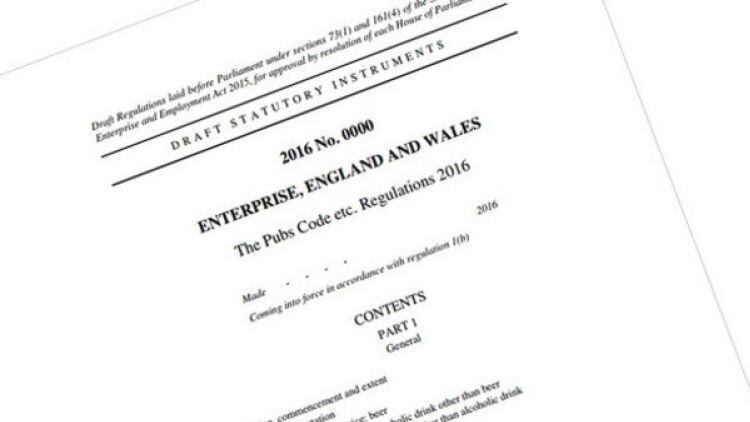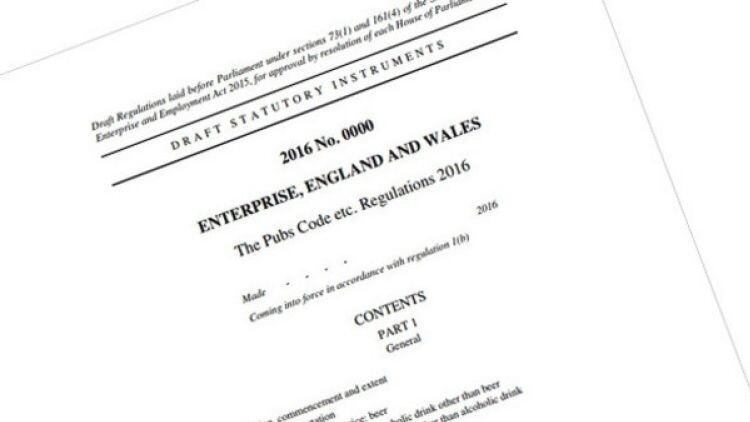The Government announced its plans to review the legislation on 12 July 2021, with the deadline to submit evidence on 5 September 2021.
According to the trade association, whilst pubs across the nation have suffered during the pandemic, it has also demonstrated the strengths of the leased and tenanted model and in particular the partnership between the pub owning company and tenant or lessee.
It claimed that this showed that wholesale changes to the Code, which could undermine the relationship between pub company and tenant or lessee, would be “unnecessary and obstructive”.
Reduced or cancelled rent
The BBPA said that through the pandemic, pub-owning companies provided £285m in reduced or cancelled rent to tenants who couldn’t trade because of lockdowns, or whose trade was reduced because of restrictions.
In the same period, these pub-owning businesses also provided additional support such as refunds on spoilt beer, COVID signage and PPE - meaning on average their leased & tenanted pubs received £27,000 in support.
The BBPA said the support given to leased and tenanted pubs during the pandemic showed that the model is a “true partnership”, where risk and reward is shared between tenant and lessee and pub company, but where a pub company will still give significant support to a tenant or lessee to help them run and grow their business.
The BBPA added that in comparison, independent pubs and those leased from commercial landlords would generally not have had access to anywhere near the same level of support during the pandemic.
Operational elements
Although the BBPA said it does not believe wholesale changes should be made to the Code currently, it does believe small changes could be made to improve operational elements and address anomalies with the original drafting.
In particular, in response to the consultation, it has called for a longer negotiating period on MRO agreements before referrals to arbitration to avoid unnecessary costs for both pub owners and tenants and lessees and further delays. For these same reasons, it does not support proposals for Parallel Rent Assessments which it argues would create confusion and add extra unnecessary burdens for Pub owning businesses whilst not delivering any meaningful benefit to prospective tenants.
“The partnership between tenant or lessee and pub owning business has never been stronger. The value and support received on a tie agreement has really come into its own during Covid. It is vital that the Pubs Code supports the long term viability of the model,” said a British Beer & Pub Association spokesperson.
“This consultation provides an opportunity to improve some technical and operational aspects of the Code, whilst also reducing unnecessary costs and delays for all parties.




